There are two key parts of the industry:
- Primary metals: which includes smelting and refining of iron ore, and casting of the basic metals; and
- Metal manufacturing: which includes iron and steel forging, structural steel, metal roofing sheet metals, containers and other metal products.
These both support the ‘wider metals industry’ which includes major research by universities and other agencies, as well as engineering and consulting businesses and service and product suppliers.
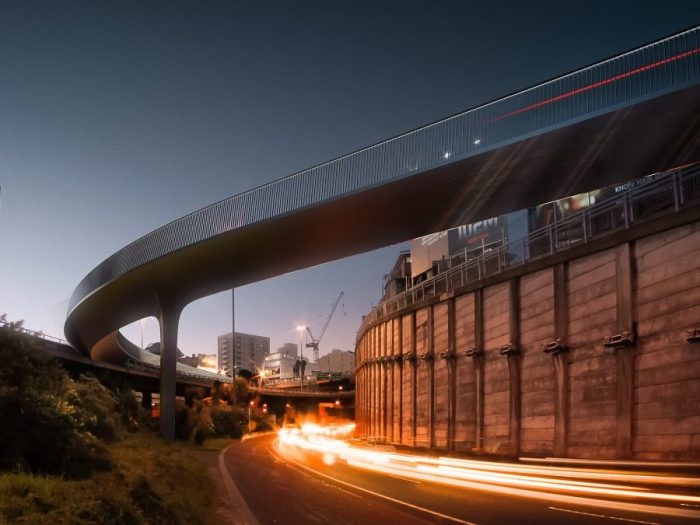
All up the metals industry is a major contributor to New Zealand’s living standards and to the resilience of our buildings and infrastructure:
- Metals manufacturing employs almost 30,000 of the 241,000 people employed in manufacturing in New Zealand, see latest data.
- Job growth continues having already increased by 10% since 2013
- It currently contributes around $3.3 billion in gross domestic product each year.
- Structural steel delivers resilient and enduring buildings – the fact that some 68% of the buildings rebuilt in Christchurch CBD post-earthquake are made of it says a lot!
- Steel is the principal material used to upgrade existing masonry buildings to the building code
- As well as metals’ mass applications from copper in electricity and steel and iron in automobiles and art, more and more different metals are in use for innovative technologies from electronic devices to the specialty metal indium in LCD screens.
Metals and the environment
Metals are indispensable in our society, but they do have environmental consequences – mostly due to the high-emissions process involved in making them.
But they are also part of the solution.
Not only are metals critical to building our low emissions infrastructure like windmills and geothermal, but they have a central role in the circular economy that will support New Zealand’s transition to a waste free and low-emissions future.
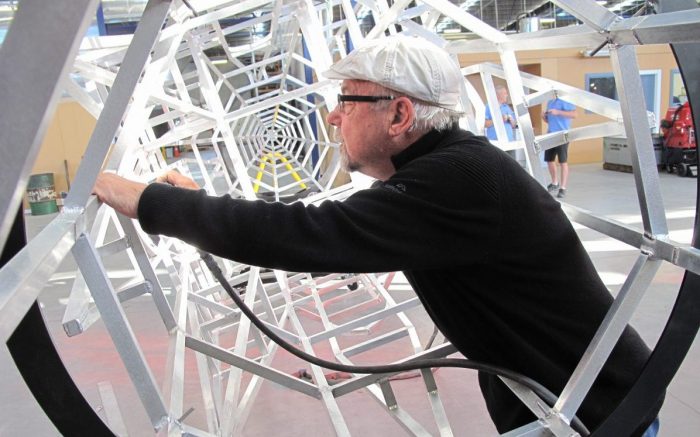
So, what is a circular economy?
It is the opposite of our existing ‘linear economy’ – simply put, a ‘take, make and waste’ model where valuable resources often end up in the landfill; at best in the case of plastics.
In a circular economy, waste is designed out of the system to ensure we can maximise value of resources through using, reusing, upcycling and recycling anything we make.
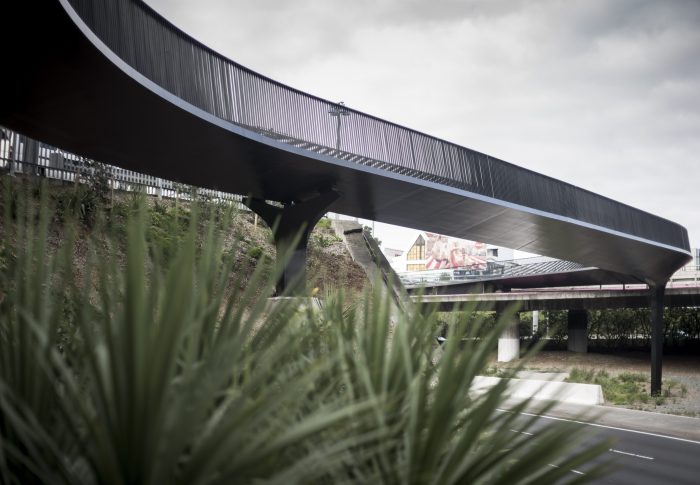
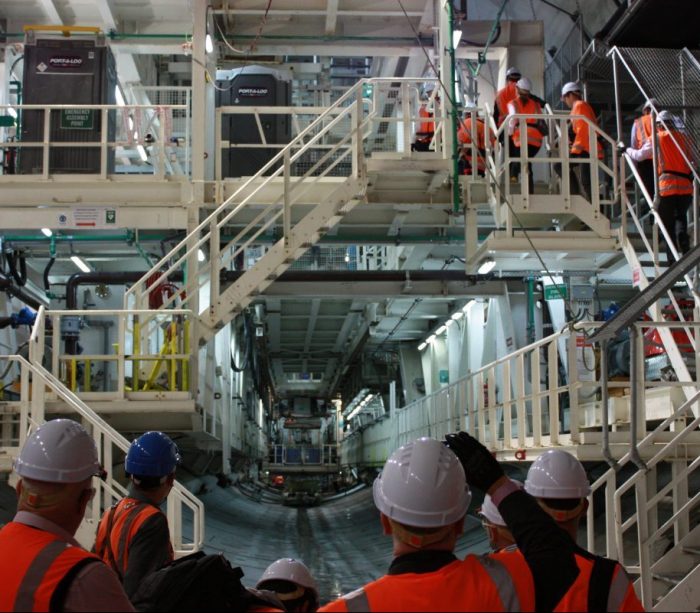
What does this have to do with metals?
Metals are the ultimate technical materials in a circular economy as the steel, stainless steel and copper among others –are infinitely recyclable.
Reuse – Modern design and manufacturing processes enable optimal use of material, for example New Zealand’s Steltech delivers optimised beams and columns. These can be frequently reused direct from a construction site.
Upcycling – Scrap metal is frequently upcycled by foundries into high value castings.
Recycling – Valuable scrap is recycled in New Zealand into high value windows by Omega Windows, which have globally the lowest embodied carbon of any window manufacturer.
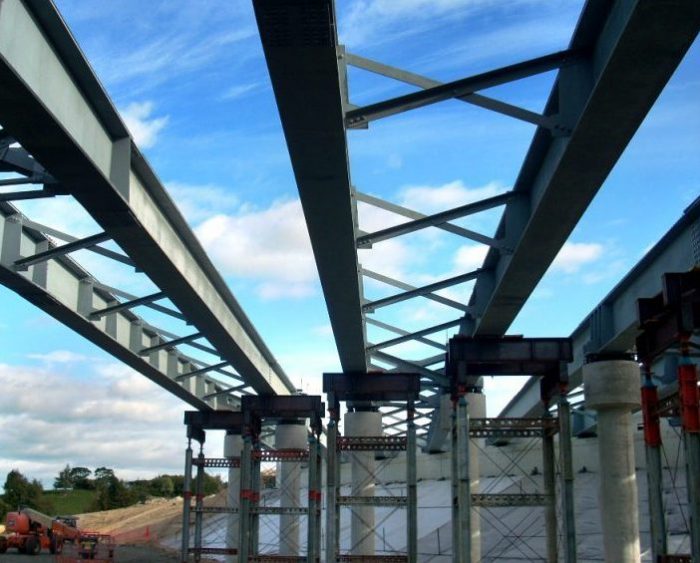
So, what about the emissions factor?
Work is being done globally by large steel processors to significantly reduce their carbon footprint.
Locally New Zealand Steel has made significant progress in reducing energy use and 70% of its electricity is generated on site through co-generation processes.
